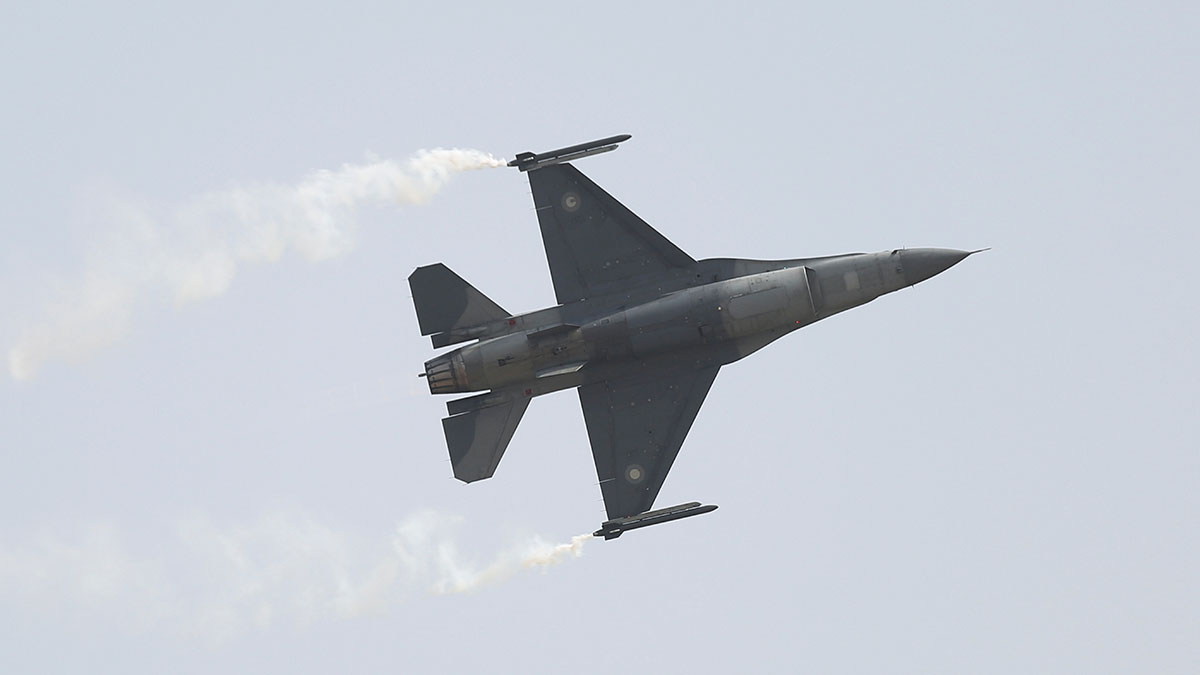The tension between Pakistan and the Taliban has escalated dramatically, resembling a tumultuous breakup that has now spiralled into military confrontation involving fighter jets, air strikes and accusations of terrorism. Here’s a breakdown of the recent events.
Air strikes in Afghanistan
Pakistan and the Taliban have clashed once again, with the Taliban alleging that Pakistan conducted air strikes in two Afghan areas: Barmal in the Paktika province and Separa in Khost. The Taliban claims that these attacks resulted in the deaths of around eight people including women and children.
Pakistan, however, has admitted to carrying out air strikes but asserts that they targeted terrorists within their own territory, not in Afghanistan. Islamabad maintains that the operation killed eight terrorists in response to a recent terror attack on a military post in Waziristan, which claimed the lives of seven soldiers, including two officers. The attack was claimed by a new terror group called Jaish-e-Fursan-e-Muhammad, allegedly based in Afghanistan and shielded by the Taliban.
The funeral for the slain Pakistani soldiers saw high-ranking officials, including President Asif Ali Zardari and Army Chief Asim Munir, in attendance, underscoring the gravity of the situation.
Taliban response
The Taliban’s response to Pakistan’s actions has been defiant, accusing Pakistan of incompetence and vowing to defend their territory. Reports indicate retaliatory measures, including a gunfight near the border where the Taliban targeted Pakistani military installations, indicating a cycle of tit-for-tat attacks.
To understand the roots of this conflict, one must look back to Pakistan’s initial support for the Taliban’s conquest of Kabul in 2021. However, the dynamic shifted as Pakistan sought the Taliban’s assistance in controlling the Tehreek-e-Taliban Pakistan (TTP), an affiliate aiming to establish an Islamic caliphate within Pakistan by overthrowing the current regime. Despite shared ethnic ties, the relationship soured as the Taliban allegedly began supporting the TTP, leading to a surge in terrorist attacks within Pakistan.
Impact Shorts
More ShortsEfforts by Pakistan to address the issue through military action, deportations of Afghan refugees and appeals to the United Nations have yielded limited results as the international community’s attention has waned leaving Pakistan to face the consequences alone.
Pakistan seeking to assert itself
The current Pakistani regime appears vulnerable with a weak civilian government and eroding military influence. The recent airstrikes on Afghanistan serve as a symbolic assertion of Pakistan’s capability to defend itself although Islamabad may seek to avoid further escalation by denying involvement in Afghan territory.
As the ball now lies in the Taliban’s court, they have various options at their disposal, including proxy attacks through groups like the TTP. Nevertheless, this conflict underscores the irony of Pakistan’s support for the Afghan Taliban as allies against “bad” terrorists while battling their own “good” terrorists, resulting in a situation where both factions are bleeding Pakistan.
Ultimately, Pakistan finds itself isolated in this battle against terrorism, bearing responsibility for nurturing the very groups now threatening its stability.
Views expressed in the above piece are personal and solely that of the author. They do not necessarily reflect Firstpost’s views.
)